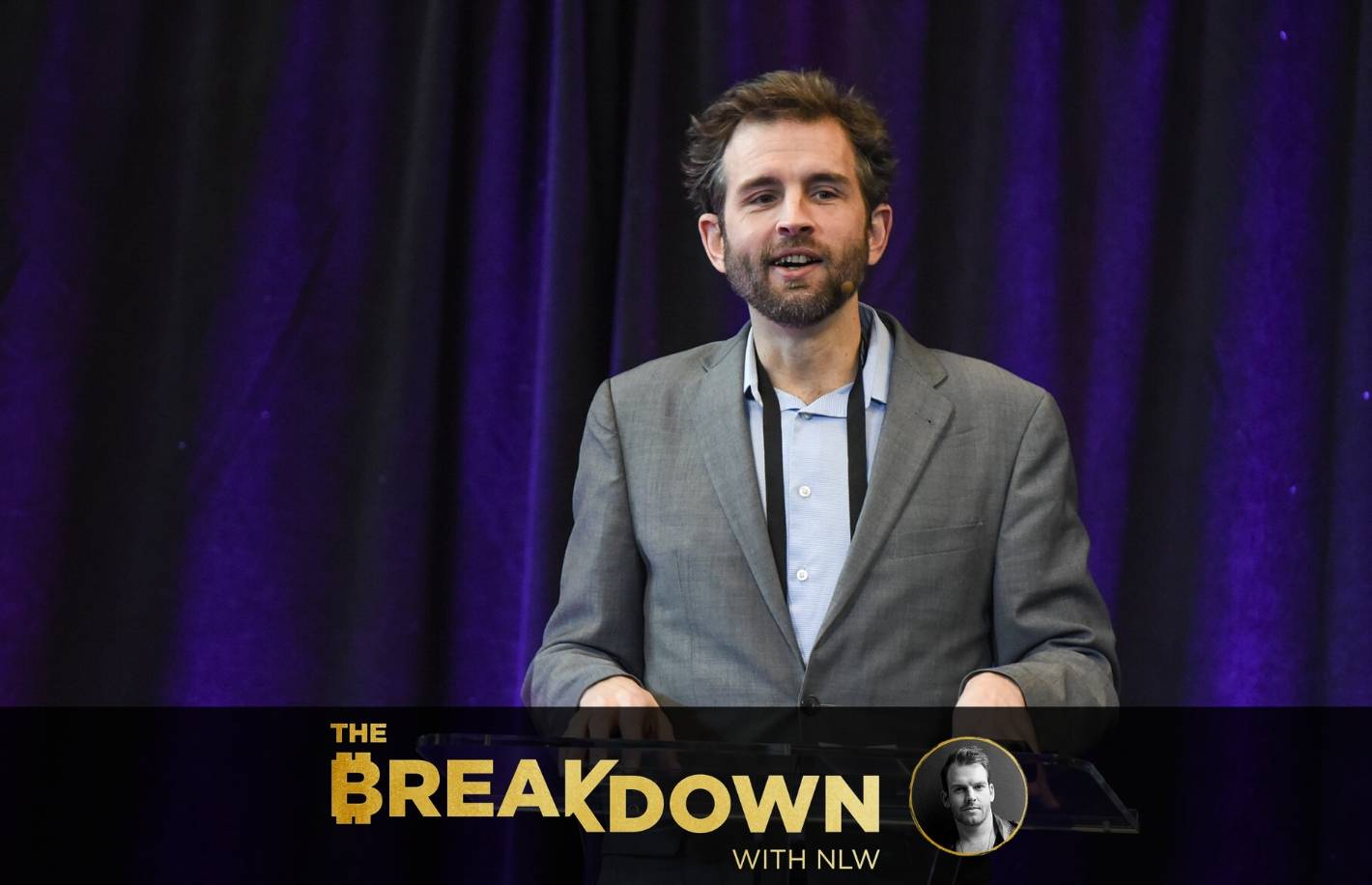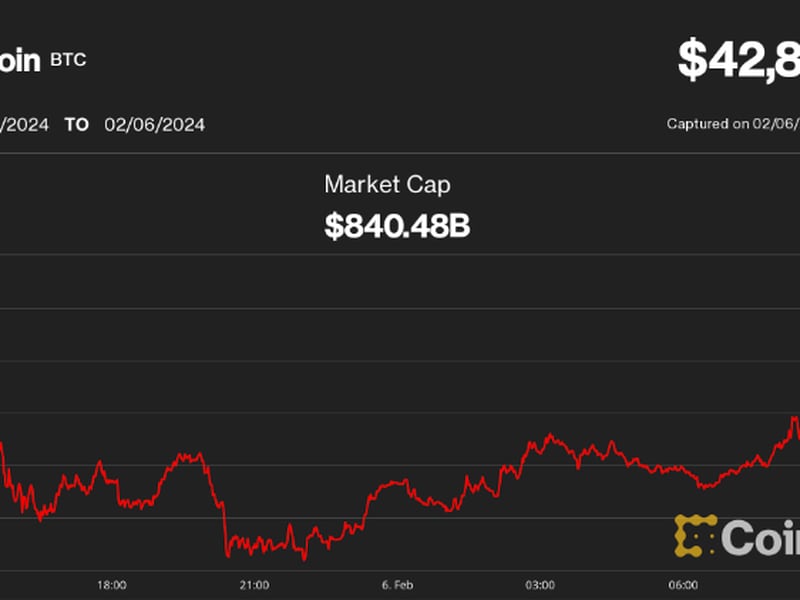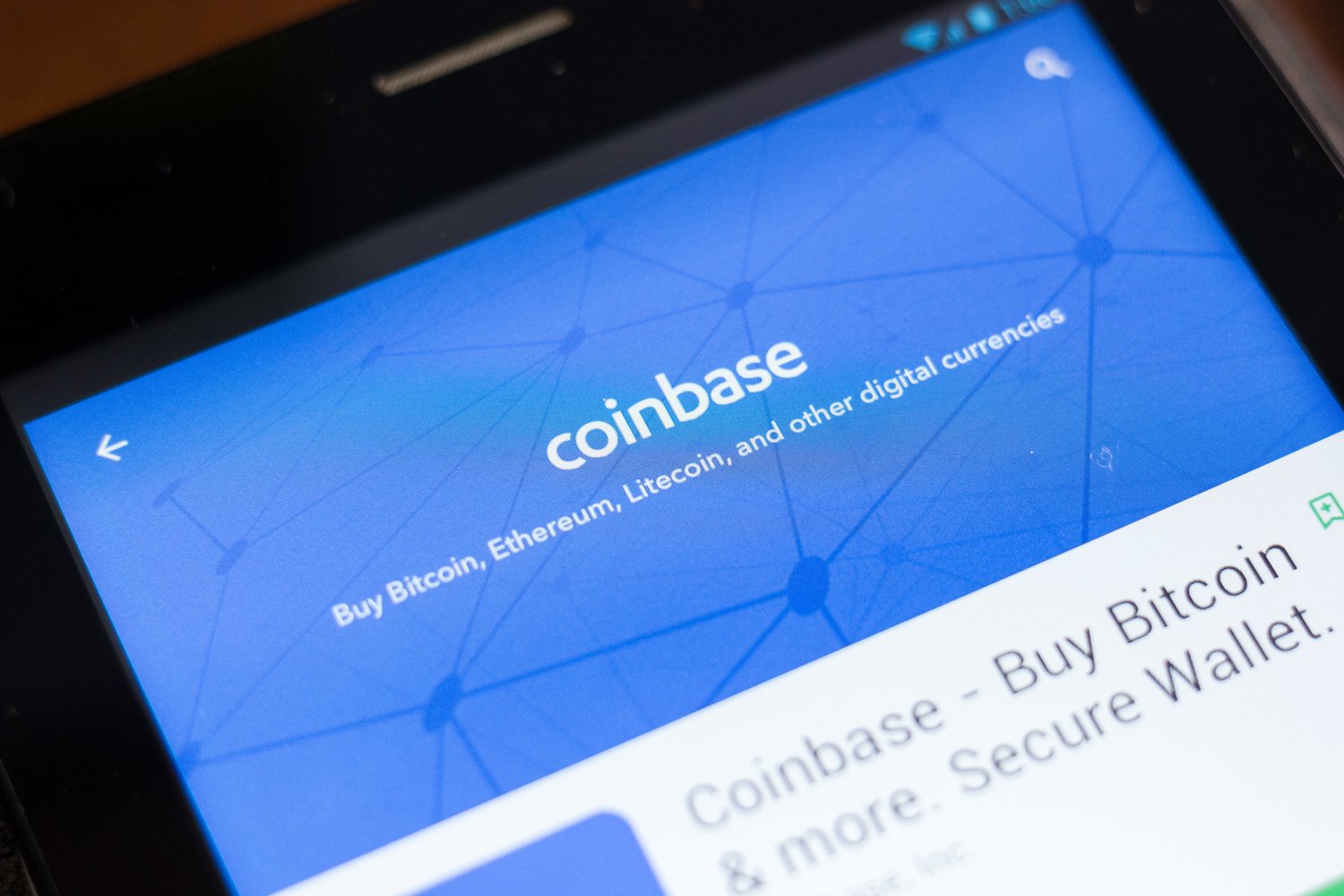U.S. Hearing Highlights Stablecoin Rift in Competing House Bills
U.S. lawmakers aren’t yet able to reach across the chasm between Republicans and Democrats’ very different ideas for how to oversee stablecoins, despite notes of hope from both sides evident in a Thursday hearing of the House Financial Services Committee’s digital assets panel.
One of the fundamental divides is a stronger position for state regulators in a version of proposed legislation advocated by Rep. French Hill (R-Ark.), the subcommittee’s chairman, and a lead role for the Federal Reserve in the Democratic proposal pushed by Rep. Maxine Waters (D-Calif.), the ranking Democrat on the overall committee. But Hill opened the hearing with a call-back to a previous statement from Waters that the lawmakers were “starting from scratch” this year after getting close to a compromise version last year.
“We’re not starting from scratch,” Hill said. “The similarities between the two proposals are strong, and that’s why we’re not that far apart.”
Waters countered that “several critical positions” are missing from the Republican language, and Rep. Stephen Lynch (D-Mass.), the top Democrat on the crypto-focused subcommittee, said, “It appears that we have shifted further apart.”
Stablecoins such as Tether’s USDT and Circle Internet Financial’s USDC are tied to the value of steady assets like the U.S. dollar and have been a vital component of crypto markets. Both House Republicans and Democrats agree on common aims that include addressing risks to consumers and maintaining the U.S. dollar’s role in global commerce, which could be aided by dollar-denominated stablecoins regulated in the U.S.
If there’s a bright side for a crypto industry desperate for U.S. rules, it’s that this and other committees are showing that the stablecoin topic – and crypto more broadly – is important enough to have already warranted several congressional hearings in recent weeks. Most members in both the House and Senate seem to be advocating action, and if they can agree on a stablecoin compromise, it would be a major first step toward U.S. oversight of the industry.
However, any legislation has to move through the Senate Banking Committee, and its chairman, Sen. Sherrod Brown (D-Ohio), has shown no signs yet that he’s interested in moving a bill.
Meanwhile, Hill also jumped into a related issue this week: the question of whether the U.S. should issue a digital dollar and follow other jurisdictions already experimenting with central bank digital currencies (CBDCs). Hill and Rep. Jake Achincloss (D-Mass.), partnered on a bipartisan bill to ban the Fed from issuing the government token, citing constituent worries “that Uncle Sam is going to use a central bank digital currency to surveil where they’re spending their money and how much, and ultimately block them from using the banking and payments system.”
Florida Governor Ron DeSantis recently signed a bill banning any U.S. CBDC from being accepted as “money” in the Sunshine State, though legal experts have told CoinDesk it wouldn’t actually do anything.









